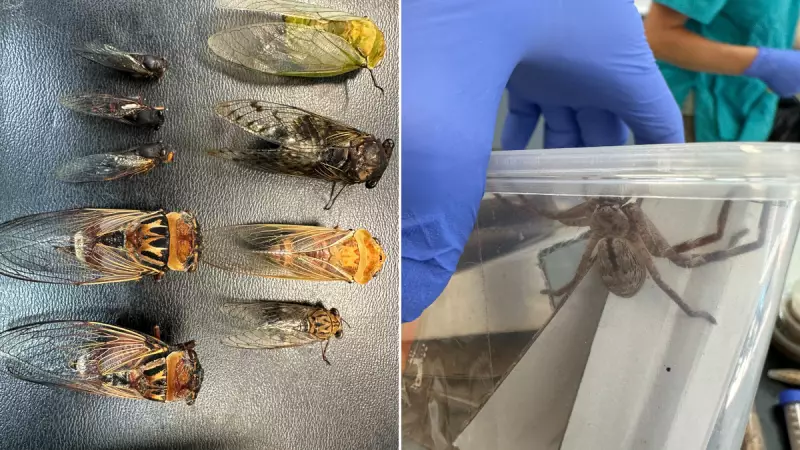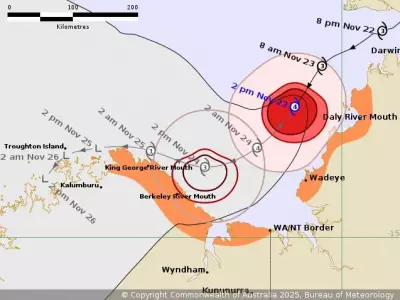
A 22-year-old international student has learned a costly lesson about Australia's strict biosecurity laws after being slapped with a staggering $35,000 fine for attempting to smuggle live insects and spiders out of the country.
The ambitious but illegal operation came crashing down at Sydney International Airport, where authorities discovered the student's carefully concealed collection of protected Australian wildlife.
What Was in the Luggage?
Border Force officers made the startling discovery when they inspected the student's luggage, uncovering:
- Multiple live Australian tarantulas
- Various native beetle species
- Several other protected insect types
- Specimens carefully packaged for international transport
The High Price of Wildlife Crime
The Department of Agriculture, Fisheries and Forestry confirmed the student now faces financial consequences that will far outweigh any potential profit from the illegal wildlife trade. The $35,000 penalty serves as a stark warning to anyone considering similar actions.
"This case highlights the serious consequences of attempting to remove Australia's unique wildlife without appropriate permits," a department spokesperson stated.
Why Australia Protects Its Insects
Australia's biosecurity laws exist for several crucial reasons:
- Preventing the establishment of foreign diseases that could decimate local ecosystems
- Protecting unique Australian species from illegal wildlife trafficking
- Maintaining the country's biodiversity and ecological balance
- Upholding international conservation agreements
The case has sent shockwaves through international student communities, with authorities emphasising that ignorance of Australian law is not a valid defence when it comes to wildlife protection.
Australia's unique ecosystem continues to be a target for illegal wildlife traders, making such interceptions increasingly common at the nation's international airports.





